
Transcription
Harlan Richards
August 10, 2014
Republicans Rein in the Wisconsin Department of Corrections
In the last legislative session, Rep. Nygard demanded that changes be made in how heroin addicts are treated (and imprisoned)in Wisconsin. He has a daughter who is a heroin addict and was on some sort of supervision by the DOC. She was revoked and sent to prison because of actions related to her heroin addiction (I do not know the specifics). Rep. Nygard, outraged that his daughter was victimised by the DOC, proposed legislation that would limit the DOC's heretofore unlimited discretion by creating substantive prerequisites to revocation.
2013 Wis. Act 196 was passed and signed into law during the last legislative session. It amends sec. 301.03(3), Wis. Stats., to require the DOC to create a "system of short-term sanctions for violation of parole, probation, extended supervision and deferred prosecution agreements that sets forth a list of sanctions to be imposed for the most common violations." Three of the 8 listed criteria for these new rules are:
"6. Determines how to reward offenders for compliance with conditions of parole, of probation, of extended supervision, or of the agreement."
"7. Ensures that efforts to minimise the impact on an offender's employment are made when applying sanctions."
"8. Ensures that efforts to minimise the impact on an offender's family are made when applying the sanctions."
This is quite a change from the DOC's customary attitude toward people on supervision. Gernerally, those people are viewed as prime candidates for return to prison. With few exceptions, DOC staff have the attitude that it is not a matter of "if" someone will return to prison, but "when." There are exceptions, of course. But with approximately 60% of all prisoners returning to prison, the legislation could have a profound positive impact on prison populations in Wisconsin.
The act took effect on April 1, 2014.
Other posts by this author
|
2021 jun 25
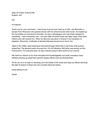
|
2021 may 25

|
2021 apr 23
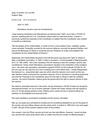
|
2021 feb 19
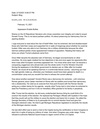
|
2021 feb 17

|
2021 feb 15
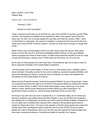
|
More... |
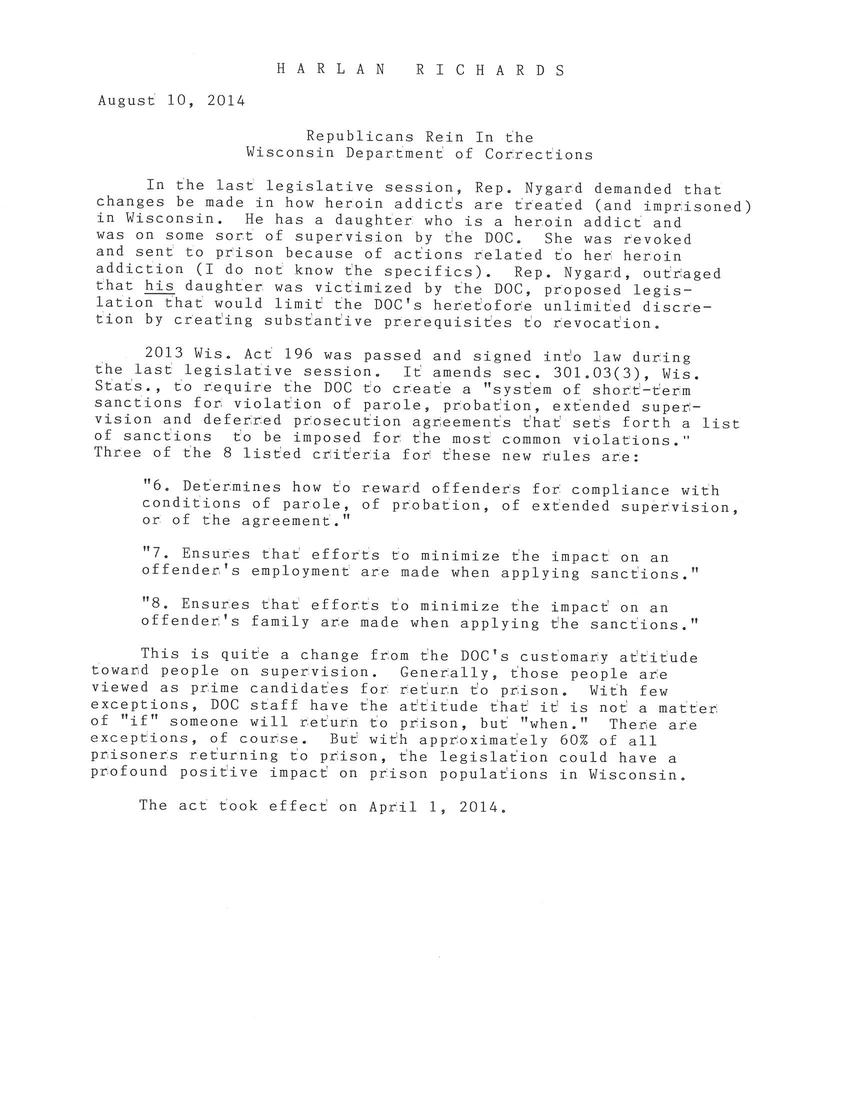

Replies (1)